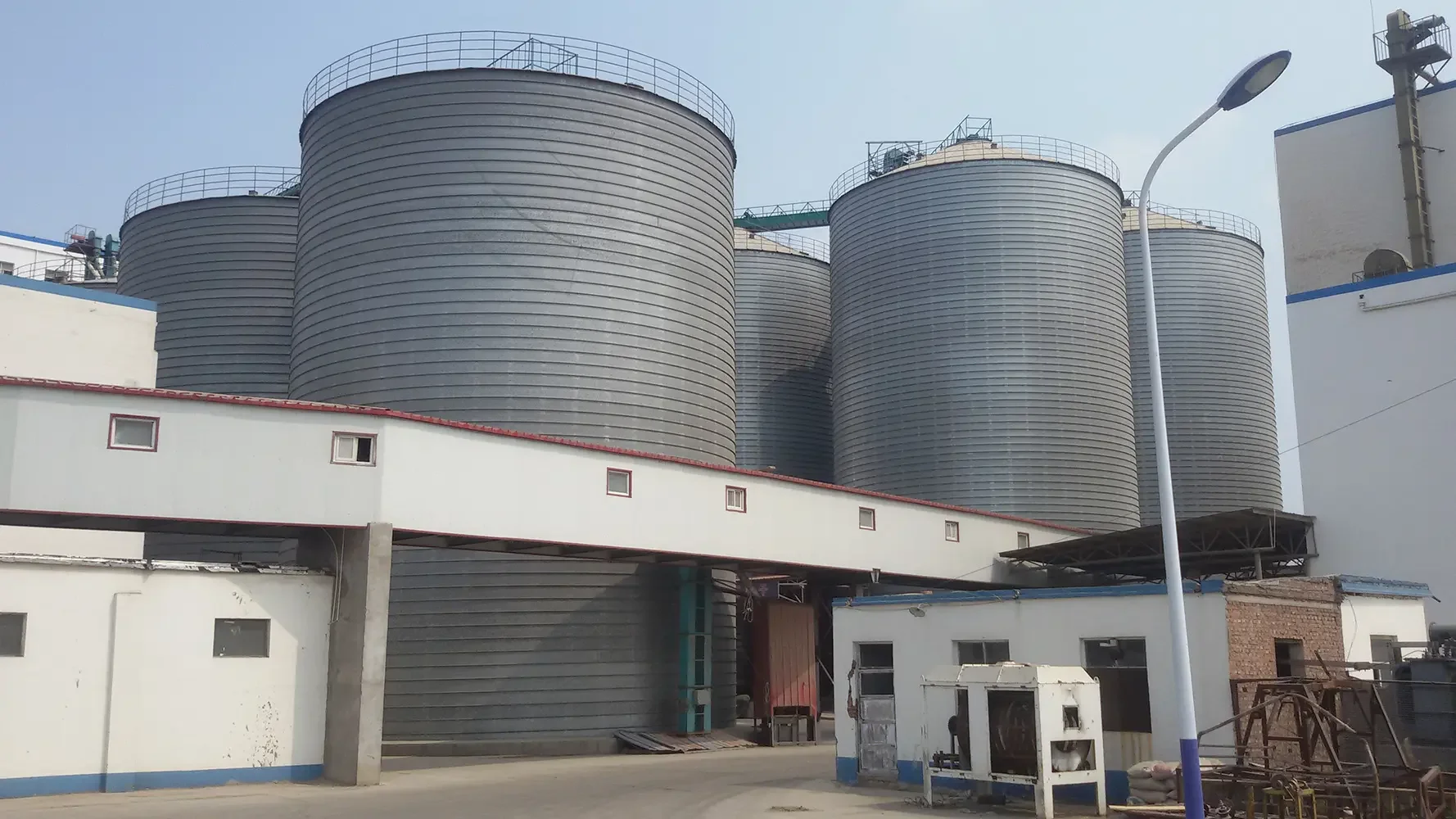In the realm of transportation, rail transport has emerged as a game-changer, revolutionizing the way goods and people are moved across vast distances. With its extensive network, efficiency, sustainability, and safety, rail transport has become a preferred choice for individuals and businesses alike. In this article, we will delve into the multifaceted advantages of rail transport, exploring its economic, environmental, and social benefits.
- Unmatched Efficiency:
Rail transport boasts unparalleled efficiency, making it a highly attractive option for transporting goods and people. Unlike other modes of transportation, such as road or air, rail transport can carry large volumes of cargo in a single trip, reducing the need for multiple journeys. This efficiency translates into significant cost savings for businesses and reduced travel times for passengers. - Environmental Sustainability:
In an era where environmental concerns are paramount, rail transport shines as a sustainable alternative. Trains have a significantly lower carbon footprint compared to other modes of transportation, such as trucks or airplanes. Electric-powered trains, in particular, emit zero direct emissions, contributing to cleaner air and reduced greenhouse gas emissions. By shifting freight and passenger traffic from road and air to rail, we can mitigate the negative impact on the environment and work towards a greener future. - Infrastructure Investment and Economic Growth:
Rail transport plays a pivotal role in stimulating economic growth and development. The construction and maintenance of rail infrastructure create employment opportunities, fostering local economies. Additionally, rail connectivity enhances trade and commerce by facilitating the movement of goods across regions and countries. Rail transport also reduces congestion on roads, leading to improved efficiency in the transportation of goods, which positively impacts supply chains and overall productivity. - Reliability and Safety:
Rail transport is renowned for its reliability and safety. Trains operate on fixed schedules, ensuring timely delivery of goods and providing passengers with a dependable mode of transportation. Moreover, rail accidents are relatively rare compared to other modes of transport, thanks to stringent safety regulations, advanced signaling systems, and dedicated tracks. This reliability and safety factor make rail transport an attractive option for businesses and individuals seeking secure and efficient transportation. - Long-Distance Connectivity:
Rail transport excels in connecting distant locations, bridging gaps that would otherwise be challenging to traverse. High-speed rail networks, such as the renowned bullet trains in Japan and the Eurostar in Europe, have revolutionized long-distance travel, offering passengers a swift and comfortable journey. This connectivity not only facilitates tourism but also fosters cultural exchange and business opportunities between regions and countries.
Conclusion:
Rail transport stands as a beacon of efficiency, sustainability, and reliability in the transportation industry. Its advantages, ranging from unmatched efficiency and environmental sustainability to infrastructure investment and long-distance connectivity, make it an indispensable mode of transportation. As we strive for a more sustainable and interconnected world, rail transport will continue to play a pivotal role in shaping the future of transportation.


More Stories
How Global Trade Moves Faster Through Structured Border Compliance?
Seeing More Behind the Wheel Why Truck Backup Camera System Matters
Electric Rescue ATV Vehicle Redefining Rapid Response in Complex Terrain